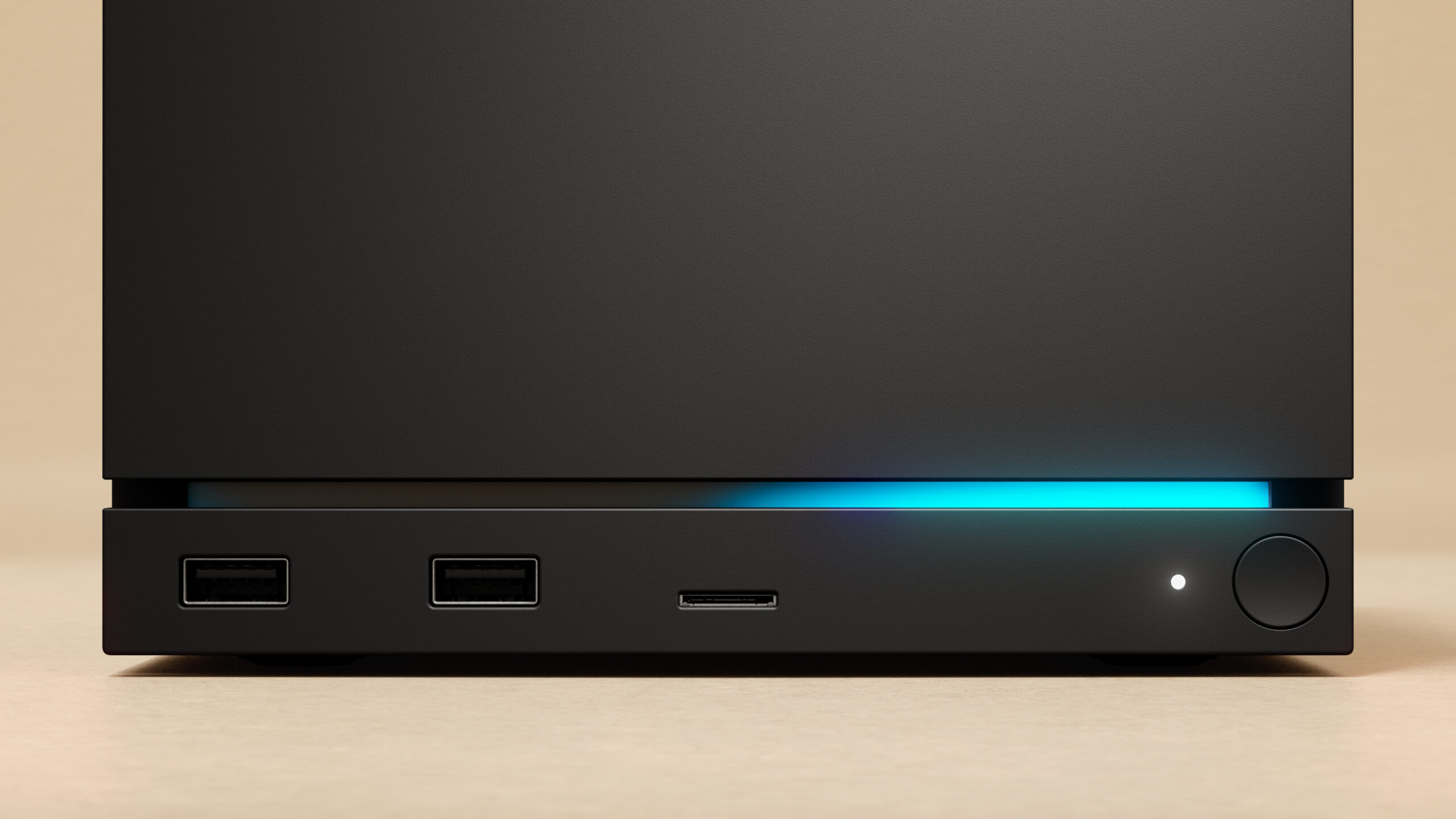- cross-posted to:
- [email protected]
- cross-posted to:
- [email protected]
The title is a bit misleading, as the article lists diverging analysts’ opinions, ranging from Valve willing to sell at a loss or low margins, to high prices due to RAM and SSD price volatility.



I’m calling $700 US price. Valve’s the only company that can get into the console space with console prices since the real revenue source is the game store they run.
Edit: I slept on it and decided $750 is a safer bet, at least on the base model
799 and 999 are my best guesses for the two versions
The problem is that it makes less sense for them to sell at a loss than for example Xbox or Sony. It’s just a capable PC, corporations could buy hundreds or thousands and they wouldn’t make a cent off of game sales.
Valve sells direct to consumer, not via retail.
They’re not gonna knowingly do a B2B sale.
A business that wanted to swipe them all would have to create or hire a scalper network of seemingly unafilliated buyers, and I am guessing this would be outside of the capability/risk tolerance level of … basically everyone right now, as the economy is imploding Hard.
You’d be surprised what a small team at a large corporation will do if it lets them complete a project within budget. The PlayStation 3 originally allowed users to install custom operating systems. A lot of groups, even the US military, bought thousands of them because they were inexpensive computers (sold at a loss) and used them for compute projects. Sony eventually stripped out the functionality in an update, presumably because they wanted to cut out this type of buyer.
I mean, I wouldn’t be surprised, I’ve worked at both functional and dysfunctional large corporations, either themselves tech corps or in the tech wing/department of other large orgs.
The PS3 is yes, a great example of making a versatile product that can appeal to many uh, kinds of markets, market demos.
What I am saying is that Valve is probably the most strategically competent tech company in existence, at least in the US, and that they would not willingly allow themselves to be tricked, at the level of long term, big boy corporate strategy.
They are the people who tend to set traps, not walk into them.
You’re talking to an ex-Corpo, lol.
Nonetheless, yes, the PS3 is a great example of what you can do with a product, but I’m trying to analyze the uh, 12D chess or whatever, the actual strategic conditions of the situation that would dictate whether or not it actually makes sense for Valve to do something similar with the Steam Machine.
Right now, no, it does not.
Valves whole thing is basically effectively stealing PC and Xbox gaming away from Microsoft.
It would be silly of them to allow their own tactics to be used against them in an unforced error.
I don’t think most corporations would be interested in buying a computer that doesn’t include a windows license. Unless they intend to use it for like… server stuff, but they’d be way better off buying like… actual server hardware… if only for the operating cost.
Even as a Linux desktop it would mostly just be interesting for devs and people doing relatively lightweight 3D design work (especially because it will take a while before other distros support it), I don’t see it competing against regular desktops.
Any company who depend on their employees having a decent GPU will likely want to be able to upgrade/reconfigure new orders at will, and will prefer a tower, and they will prefer the quick repairability of a tower. Those who don’t are increasingly ok with using mini PCs.
It’s not impossible, however, have you seen what corporations buy for their employees? Saving on upfront cost isn’t really part of the equation, it just has to say “dell” and/or “workstation” on it. A large company values long-term support and supply way more than what they’d save by getting a gaming machine.
And besides all that, it’s not like the best selling console of all time didn’t make money because a (objectively large) minority of owners only used it as a DVD player.
Yep reason why people can get some nice Thinkpads for cheap once warranty ends with businesses offloading them.
It’s not a console, it’s a general purpose PC
Uh the same could be said for Sony, Xbox and to a greater extent Nintendo but they’d rather make oodles of noodles money at every interaction.